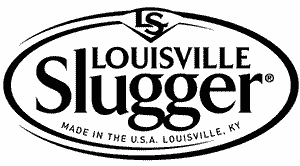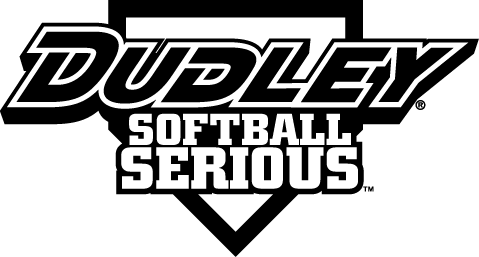Message board »Message Board home »Sign-in or register to get started
Online now: 5 members: Dick6, Nelson8, TABLE SETTER 11, Timmer06, typhoons3; 119 anonymousDiscussion: Assuming interference, other runner should be returned to previous base?
| Posted | Discussion |
| Aug. 19, 2021 jgoff5113 Men's 60 66 posts | Assuming interference, other runner should be returned to previous base? Scenario: Bases loaded and nobody out. Shortstop fields a grounder and then steps forward to throw to home. The baserunner who started the play on 2nd runs in front of the shortstop as he's throwing, causing the SS to have to "throw over" him, and after the ball leaves the SS's hand, there is contact with the baserunner on the follow-through. The throw bounces in front of the mat/catcher, and the catcher is unable to catch the ball just before the baserunner who started the play on 3rd crosses the scoring line. Two questions: 1) Would this be a judgment call for the umpire to make regarding whether the SS was interfered with? 2) Assuming the interference call is made, the baserunner who committed the interference should be called out, but should the baserunner who scored from 3rd be returned to 3rd? Seems like the answer to #2 should be yes, because the play is dead at the moment the interference occurred, and the team at bat should not be allowed to benefit "even a little bit". After all, what if the guy who started the play on 3rd was the winning run? |
| Aug. 19, 2021 B.J. 1107 posts | jgoff.. the rule below covers your scenario and all calls are umpire judgment 8.6 ē WHEN SLIDING IS OPTIONAL - AVOIDING COLLISIONS Sliding or diving into first base or the scoring line or scoring plate is permitted only to avoid a collision with a defensive player. This is an umpireís judgment call and is not subject to protest or appeal. A player may slide or dive into second or third bases, or when returning to any base. A runner must make every effort to avoid colliding with opposing players while running the bases or sliding or diving. If in the umpire's judgment a runner misses a base to avoid a collision, the runner will not be called out. If in the umpireís judgment the runner fails to avoid a collision with a defensive player involved in the play, the ball will be declared dead and that runner called out. All base runners except the batter will be returned to their previous base unless forced to advance. If in the umpireís judgment the runner's collision with the defensive player involved in the play negates a double play, the umpire may award a second out. |
| Aug. 19, 2021 stick8 1992 posts | Jgoff5113, to answer the questions in your scenario: 1) Yes, itís a judgement call 2) Yes, if interference is called the ball is dead, the runner at second who committed the interference is out and all runners return to the base they started at unless forced up. The runner at third returns back to third, runner at first goes to second, batter-runner goes to first. Bases are loaded with one out. |
| Aug. 19, 2021 jgoff5113 Men's 60 66 posts | Thanks B.J. and stick8! |
| Aug. 19, 2021 B.J. 1107 posts | stick.. don't forget that the SS did throw to HP ... there is a possibility if in the judgment of the umpire the runner would have been out had there been no INT. you now would have runners on 1st and 2nd and 2 outs |
| Aug. 19, 2021 stick8 1992 posts | BJ, that might be true. The way I learned it was if an umpire sees interference by the offense itís called right away and itís a dead ball. If itís obstruction by the defense I use the delayed dead ball signal and let the play play itself out. |
| Aug. 19, 2021 stick8 1992 posts | Continuedó Then after the play is over then I would award bases on what I felt the runner would have obtained. |
| Aug. 20, 2021 B.J. 1107 posts | stick, yes you are correct that it's a dead ball on the INT. call .. but the OP states that the runner made contact with the SS's arm on the follow through on releasing the ball and that the ball fell short of the catcher "before" the runner passed the scoring line... so again there is a possibility of a 2nd out being called on the runner from 3rd if the umpire judges that without the contact there could have been an out at home |














